TL;DR
- AI predicts user behavior, helping startups design MVPs that align with real user needs.
- Faster validation & cost savings come from focusing only on features that matter.
- Better UX & engagement as AI maps user journeys and personalizes experiences.
- Visibility matters too—SEO and link-building drive early traffic and sales.
- AI + smart marketing = a stronger MVP launch, increased traction, and investor confidence.
Introduction
Launching a Minimum Viable Product (MVP) has always been the gold standard for startups to validate ideas, test the market, and minimize risks. But here’s the catch—many MVPs still fail because they rely too heavily on assumptions rather than real user insights.
This is where Artificial Intelligence (AI) is changing the game. By predicting user behavior, AI empowers founders to anticipate what users will do instead of guessing, ensuring MVPs are smarter, leaner, and more aligned with market needs.
When paired with the right MVP development services, AI-driven insights can help startups not only build the right product but also launch it strategically. In this blog, we’ll explore how predicting user behavior with AI can make your MVP launch faster, smarter, and far more successful.
Read More: PoC vs Prototype vs MVP: Key Differences Explained for Startup
Why User Behavior Prediction Matters for MVPs
An MVP is designed to test the waters, but many startups still struggle to achieve real validation. The most common reasons include:
- Building features users don’t need – wasting valuable time and money.
- Relying on limited early feedback – which may not reflect actual market adoption.
- Fixing mistakes after launch – instead of preventing them with smarter planning.
When startups misread user behavior, their MVP turns into a guessing game. The outcome? Missed opportunities, higher costs, and frustrated users.
By leveraging AI-driven user behavior prediction, startups can shift from reactive fixes to proactive decisions. Instead of waiting to see how users behave, you can forecast their choices in advance making your MVP launch faster, smarter, and far more successful.
Ready to Validate Your MVP Smarter?
Leverage AI-driven insights to predict user behavior, optimize features, and save time & cost. Get expert guidance for your startup MVP now!

How AI Helps in Predicting User Behavior
AI thrives on data, and by analyzing user patterns, signals, and interactions, it can reveal how people are most likely to engage with your MVP. This gives startups a clear advantage during early testing. Here’s how AI makes it possible:
- AI-Powered Data Collection: Smart tools track clicks, scrolls, heatmaps, time spent on pages, and user interactions to provide detailed behavioral insights, which can be incorporated when using professional MVP development services for your product.
- Machine Learning for Pattern Recognition: Algorithms study previous user behavior to identify trends and predict future actions—for example, where users are most likely to drop off.
- Predictive Modeling: AI can forecast key metrics such as churn rate, engagement probability, and conversion likelihood, helping you focus on the features that matter for a successful MVP app development.
- AI-Driven Personalization: Even at the MVP stage, AI enables tailored experiences by predicting user preferences and customizing product flows accordingly, which aligns with strategies outlined in SaaS MVP development.
By turning guesswork into data-driven insights, AI transforms MVPs from risky trial-and-error projects into smarter, evidence-based experiments.
Read More: The Role of User Feedback in MVP Development
Benefits of Using AI for MVP Development
Startups that leverage AI for predicting user behavior gain powerful advantages:
- Faster Validation – AI allows startups to test ideas and hypotheses using predictive analytics before building features. This reduces time to market and helps identify winning features early.
- Cost Efficiency – By focusing only on data-backed, high-value features, startups can avoid unnecessary coding and design work. This ensures resources are spent where they’ll generate maximum ROI.
- Better User Experience – AI detects friction points in user journeys, like confusing navigation or slow drop-off areas. Fixing these early ensures smoother onboarding and higher engagement.
- Investor Confidence – Startups backed by AI-driven data appear more credible to investors. Demonstrating evidence-based decisions reduces perceived risks and strengthens fundraising efforts.
- Scalability Planning – Predictive AI can forecast adoption patterns, peak traffic loads, and infrastructure needs, ensuring smooth scaling, a key principle in MVP in Agile development.
With AI, your MVP isn’t just minimum viable—it’s strategically validated and future-ready.
Practical AI Applications in MVP Launches
Startups can use AI in several practical ways, which are often implemented in collaboration with an MVP development team for efficient execution:
- AI-Based Surveys & Sentiment Analysis – Go beyond simple surveys by analyzing open-ended feedback for emotional tone, intent, and recurring themes, giving deeper insights into user needs.
- Predictive Analytics for Feature Prioritization – AI highlights which features are most likely to be adopted, helping startups invest in what truly matters instead of guessing.
- AI Chatbots for Early Feedback – Intelligent chatbots collect user opinions at scale, offering instant insights while keeping engagement high during early testing phases.
- User Journey Mapping – AI predicts the exact paths users will take, visualizing pain points, drop-offs, and engagement loops for a data-backed product roadmap.
- AI-Driven A/B Testing – Machine learning continuously tests variations, optimizing experiments faster than manual methods and ensuring higher accuracy in MVP validation.
These AI applications not only save time but also provide richer, actionable insights than traditional MVP testing methods.
Real-World Examples of AI-Powered MVP Success
AI isn’t just theory—it’s already powering successful MVP launches across industries. Here are some standout examples:
- E-commerce Recommendation Engines – Many startups rolled out lean MVPs using AI-powered product recommendations. Even with minimal datasets, AI predicted user preferences, boosted conversions, and validated product-market fit early.
- FinTech Apps – Early-stage FinTech MVPs integrated AI fraud detection models to predict and flag risky transactions. This not only built trust among first users but also gave founders a competitive edge with compliance-ready solutions.
- Streaming Platforms – Content platforms launched small MVPs with AI-driven recommendation engines. Despite limited libraries, predictive models improved engagement and retention by personalizing user experiences.
These examples prove that AI-enhanced MVPs don’t just test ideas—they accelerate validation, user trust, and investor confidence from day one.
Challenges & Limitations of AI in MVP Development
While AI is transforming MVP development, it’s not a one-size-fits-all solution. Startups must recognize these challenges to avoid pitfalls:
- Data Availability – AI thrives on large datasets. In the early MVP stage, limited user interactions may restrict predictive accuracy, making it harder to draw reliable insights.
- Quality of Data – The saying “garbage in, garbage out” applies strongly to AI. If your collected data is incomplete, biased, or poorly structured, predictions will mislead decision-making.
- Over-Reliance on Algorithms – While AI offers valuable guidance, relying solely on algorithms without real-world user feedback can result in features that look good on paper but fail in practice.
- Complexity & Costs – Integrating AI into MVP development adds technical challenges and may increase costs. Startups need to balance innovation with budget constraints and execution speed.
Balancing AI insights with human intuition is critical, a principle emphasized in choosing the right MVP development company.
Want to Launch a Data-Driven MVP Successfully?
Partner with a top MVP development company to combine AI insights, SEO strategies, and market-ready MVP development. Start building smarter today!

Best Practices for Startups Using AI in MVP Development
To get the most value from AI in MVP development, startups should adopt these proven practices:
- Start Small – Begin with lean datasets instead of waiting for massive amounts of data. Even small-scale AI models can reveal trends and guide early feature decisions before scaling.
- Combine Predictions with Real Feedback – AI predictions are powerful, but pairing them with real user testing ensures accuracy. Balancing algorithms with actual user behavior prevents false assumptions.
- Focus on Actionable Metrics – Don’t get distracted by vanity metrics like clicks or impressions. Instead, track meaningful data such as engagement rates, retention, and revenue-driving behaviors to refine your MVP effectively.
- Choose the Right Tools – Select AI platforms and tools that integrate smoothly into your existing MVP development services and workflows. This reduces complexity and accelerates the testing-to-launch process.
Following these practices ensures your AI-powered MVP is not only predictive but also practical, actionable, and market-ready.
Turning AI Insights Into a Stronger Launch
It’s great to be able to predict user behavior, but that’s only half the battle. The real work starts when you turn those insights into action. With AI predictions, startups can fine-tune their MVPs into something that resonates with their target audience.
But even if you’ve built the right product, success isn’t guaranteed. Users need to know your product exists. That’s why scaling visibility is just as important as building the MVP.
To boost online presence, many startups invest in SEO and link-building. Services like Stellar SEO’s guest post solutions help you build backlinks, increase authority, and reach the right audience early. By driving traffic even before launch, you create momentum, generate early sales, and build credibility.
And in the startup world, early sales can make or break your campaign. Pairing AI-driven predictions with smart marketing ensures your MVP has the strongest possible launch.
Partnering with the right MVP development company ensures early traffic, credibility, and investor attention.
How to Get Started: AI Tools for Predicting User Behavior
You don’t need to be a data scientist to bring AI into your MVP development. A range of tools can help you predict user behavior, validate features, and refine product strategy:
- Mixpanel & Amplitude – These AI-powered product analytics platforms go beyond tracking clicks. They provide predictive insights into user journeys, retention, and engagement trends, helping you prioritize the right features.
- Hotjar + AI – With AI-enhanced heatmaps and session recordings, Hotjar reveals how users interact with your MVP. You can spot friction points and forecast where users are most likely to drop off.
- Google Analytics with Machine Learning – Google’s ML-powered analytics can predict conversions, traffic surges, and user segments, giving you a roadmap for smarter marketing and product improvements.
- AI Survey Platforms (e.g., Typeform + AI Analysis) – AI-enhanced surveys detect sentiment and intent in user feedback, allowing you to understand emotional drivers behind adoption or rejection.
- No-Code AI Integrations (Peltarion, Obviously AI) – For non-technical founders, these platforms provide plug-and-play AI models. You can build predictive workflows without coding or data science expertise.
With these tools, even early-stage startups can apply AI-driven insights to shape MVP development without building models from scratch.
Conclusion
The MVP approach remains one of the most effective ways to validate ideas, but startups can now supercharge their MVP strategy with AI. Predicting user behavior means fewer wasted resources, smarter decisions, and a much higher chance of achieving product-market fit.
However, building the right product isn’t enough. Partnering with the right MVP development company that integrates AI-driven insights and combines them with visibility strategies like SEO and link-building can help startups drive early traction, attract users, and secure investors faster.
As AI becomes more accessible, predicting behavior will no longer be a “bonus”—it will be the new standard for launching MVPs successfully.
FAQs
1. What is the role of AI in MVP development?
AI helps startups predict user behavior, validate features, and personalize experiences before launch. This reduces risks, saves costs, and ensures the MVP meets real market needs.
2. How does AI predict user behavior for MVPs?
AI analyzes data like clicks, heatmaps, surveys, and user journeys using machine learning. It identifies patterns and forecasts outcomes such as churn, conversions, or feature adoption.
3. Why should startups use AI in MVP development services?
Using AI in MVP development services provides faster validation, reduces wasted resources, improves UX, builds investor confidence, and ensures scalability from day one.
4. What AI tools are best for predicting user behavior?
Popular AI tools for MVPs include Mixpanel, Amplitude, Hotjar with AI, Google Analytics ML, Typeform with AI analysis, and no-code platforms like Peltarion or Obviously AI.
5. Can AI replace real user feedback in MVP testing?
No. AI enhances MVP testing by forecasting behavior, but it should be combined with real feedback. Balancing predictions with actual user insights delivers the best results.
6. What challenges do startups face when using AI for MVPs?
Key challenges include limited early data, poor data quality, technical complexity, and over-reliance on algorithms. Success comes from combining AI with lean testing strategies.
7. How does AI improve MVP launch success rates?
AI-driven predictions help startups launch MVPs that align with user needs, optimize marketing campaigns, and boost visibility, leading to higher adoption and early sales.
8. Is AI in MVP development expensive?
Not always. With no-code AI platforms and affordable analytics tools, even small startups can access predictive insights without high development costs.
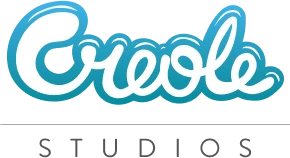

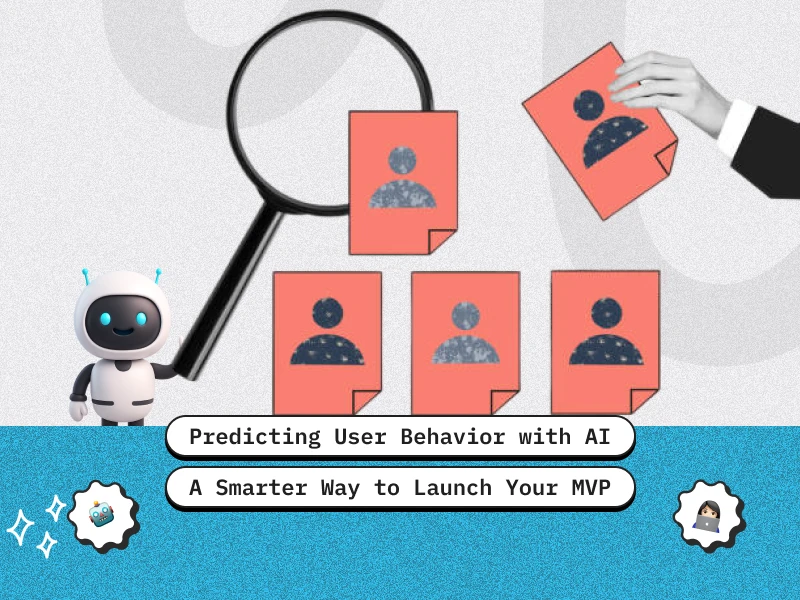








 30 mins free Consulting
30 mins free Consulting 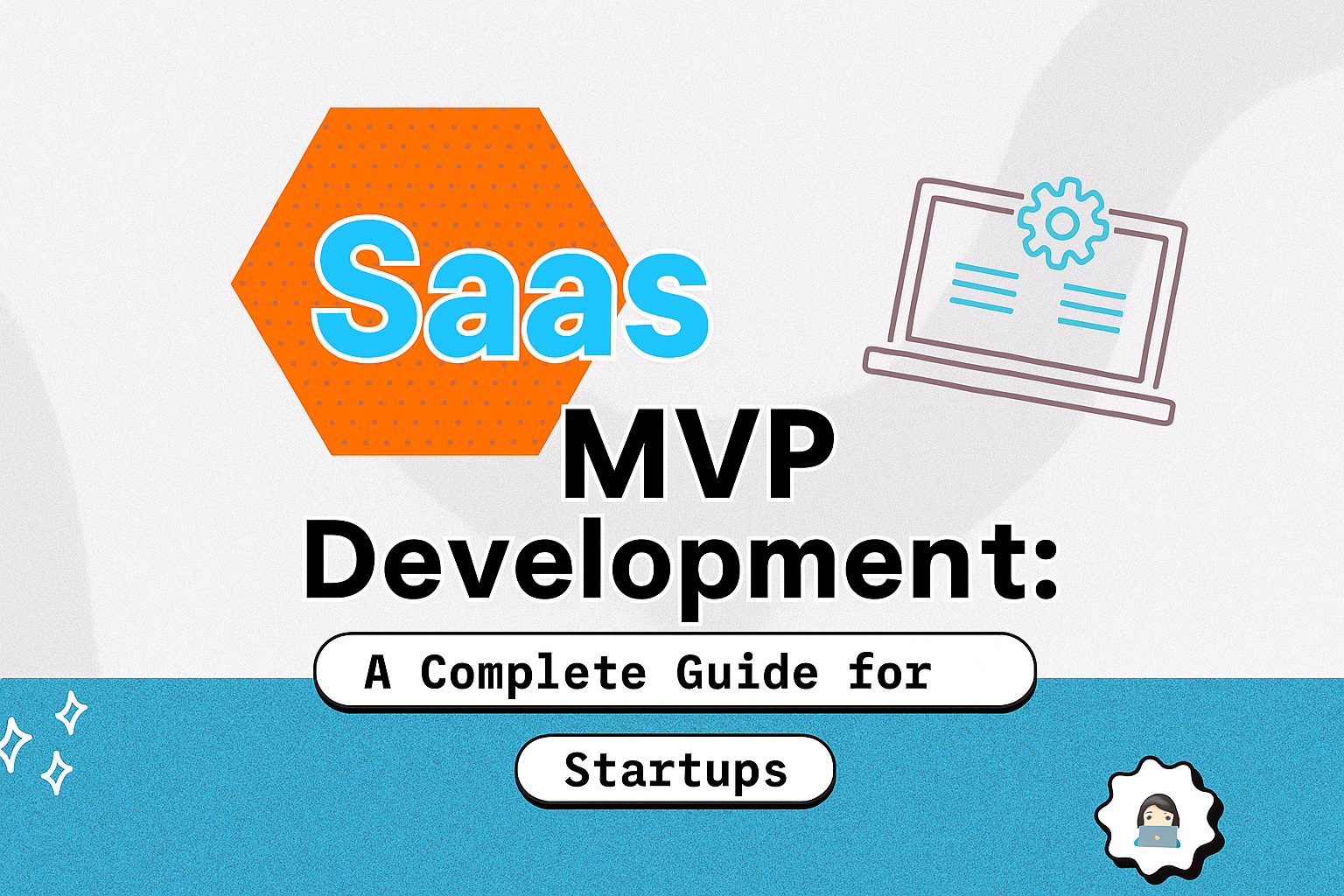
 10 min read
10 min read 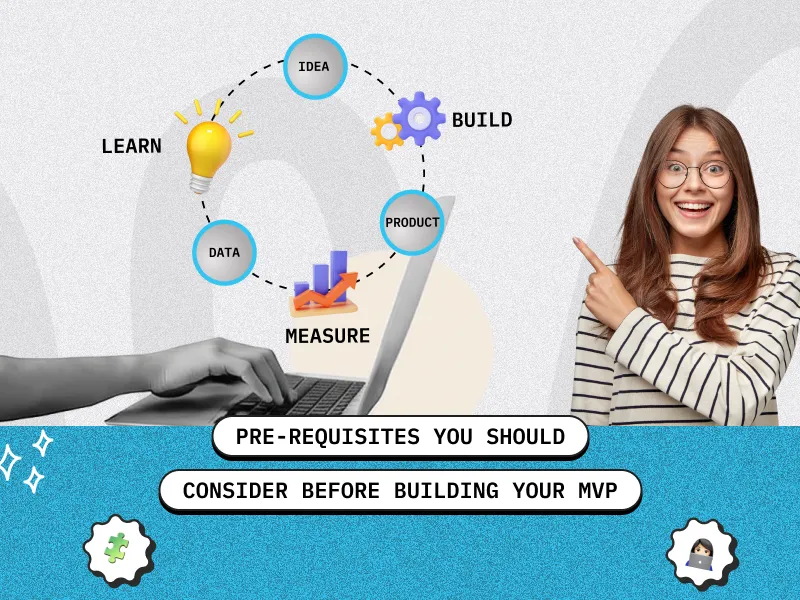
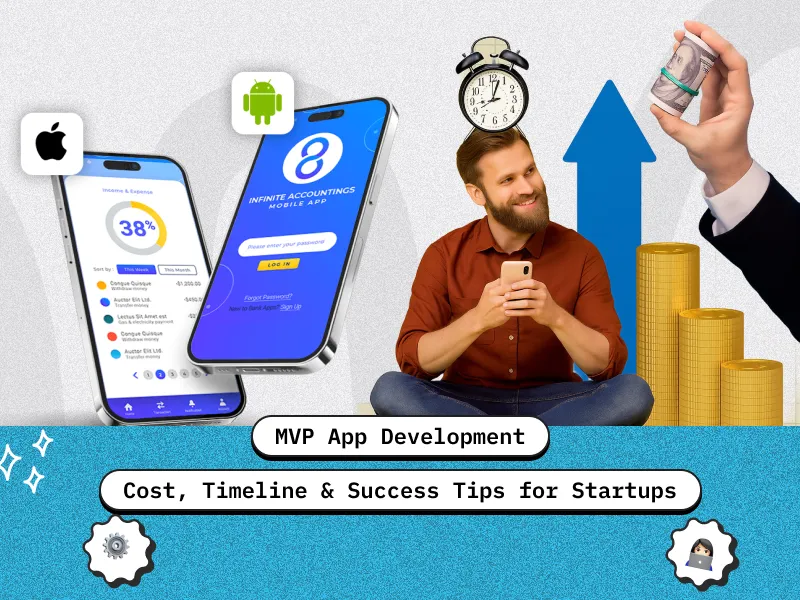
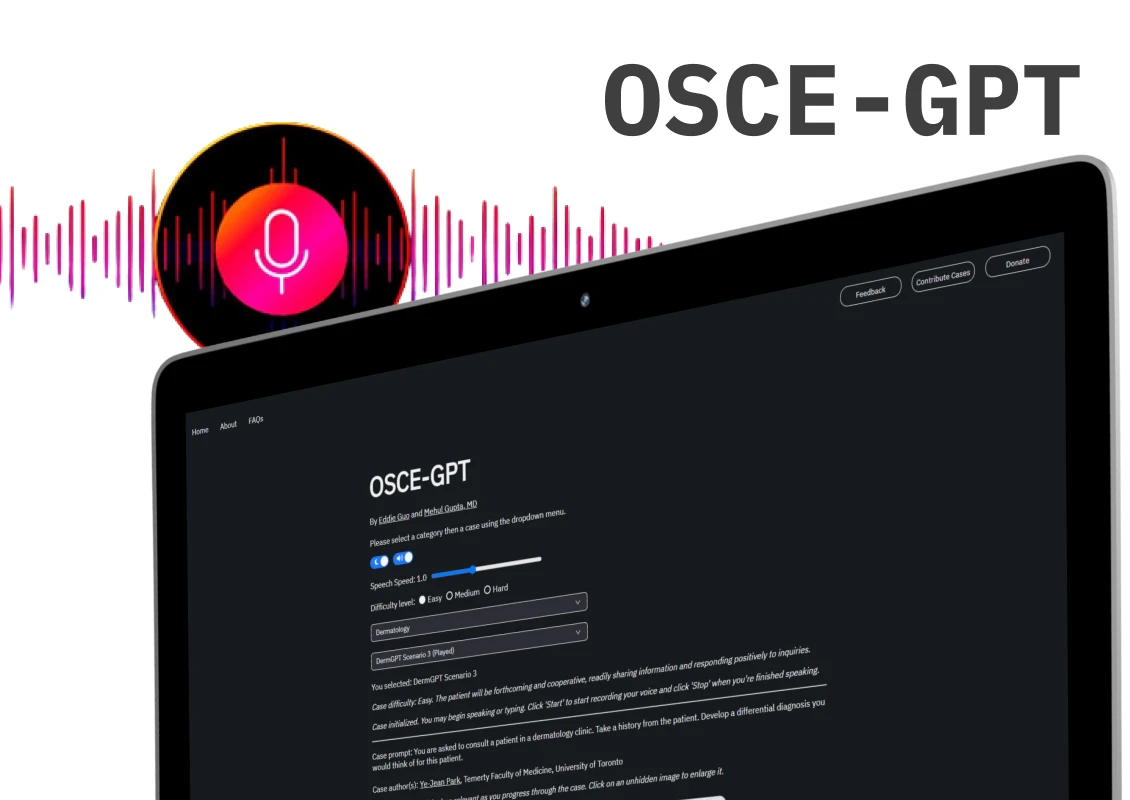
 Canada
Canada 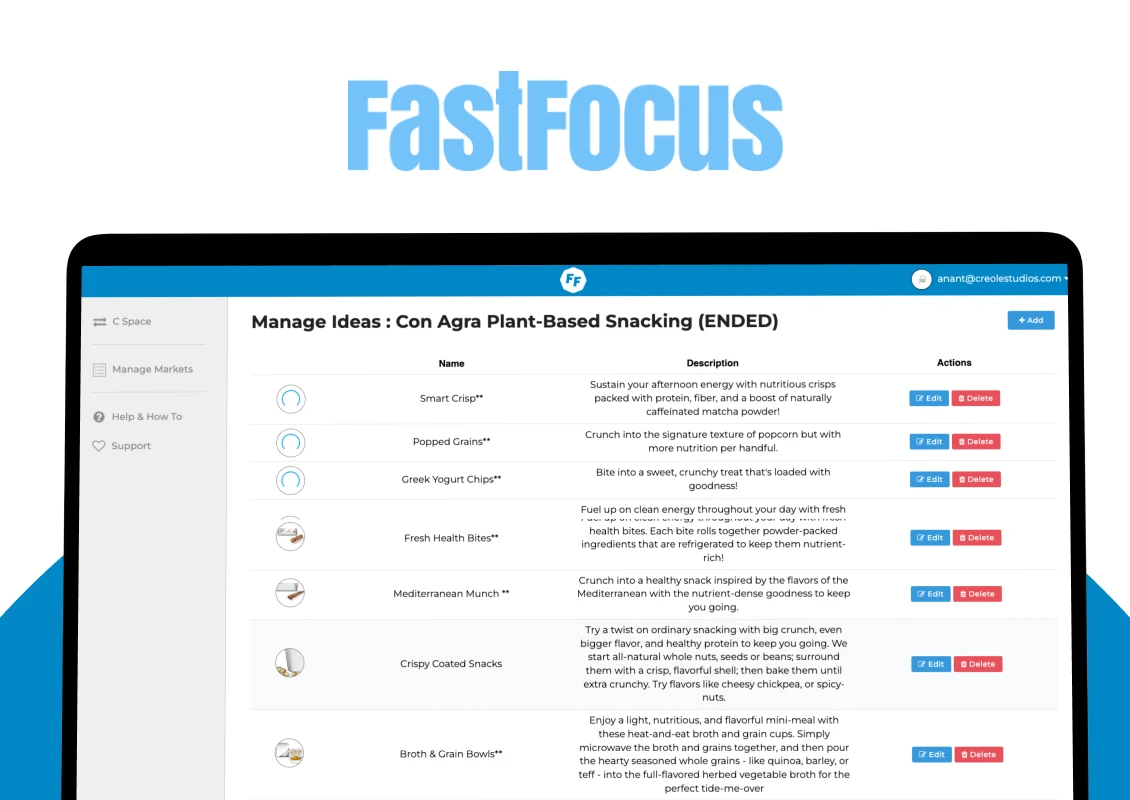
 USA
USA 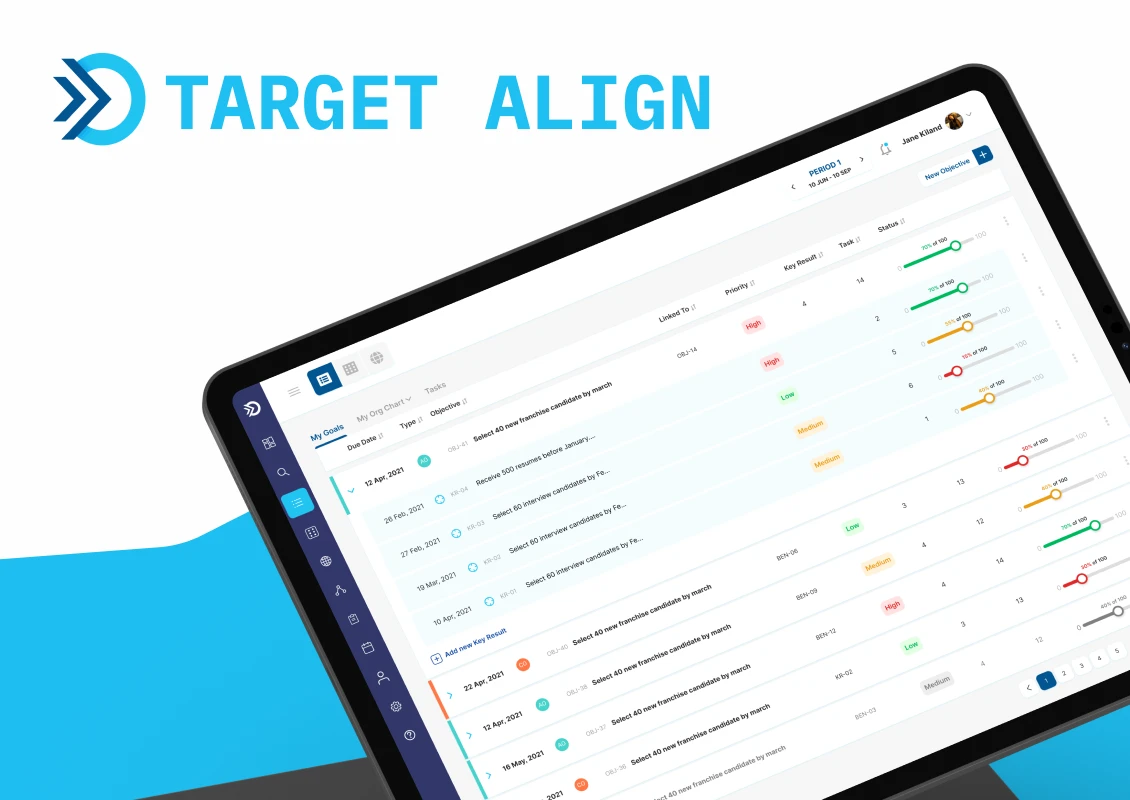






 Love we get from the world
Love we get from the world 